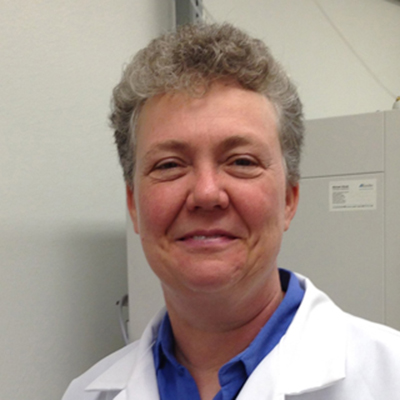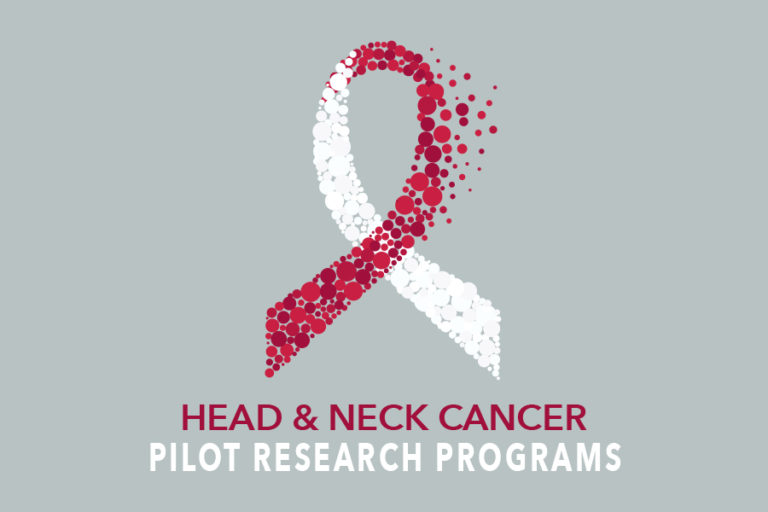Advancing research discoveries into improved care for patients with head and neck cancer requires expansion of the pool of scientists with translational research knowledge. This program provides formal career enhancement training for future scientists desiring to develop novel prevention and treatment strategies for head and neck cancer.

Director: Jenny Gumperz, PhD
Professor
Medical Microbiology & Immunology
University of Wisconsin

Co-director: Aaron Wieland, MD
Associate Professor of Surgery
University of Wisconsin
The CEP represents an essential component of the Wisconsin Head & Neck SPORE’s overarching goal to advance translational research in head and neck oncology. Intensifying translational research requires expansion of the pool of independent investigators who possess the knowledge and training to promote research from bench to bedside. The University of Wisconsin offers an environment that is rich with expertise and resources to train the next generation of HNC translational scientists. This program will foster the development of knowledge, skills, professional attitudes, and experience required for successful academic careers in HNC translational research.
PROJECT PERIOD: Aug. 1 – Jul. 31, annually
FUNDING LEVELS (1 Year): Applicants may apply for $10K, $25K or $50K awards.
ELIGIBILITY: Funds from this program will support Assistant Professors (tenure-track, research, and CHS) who wish to develop their careers in translational research in Head and Neck Cancer.
The University of Wisconsin is an equal opportunity/affirmative action employer. The SPORE program places special emphasis on recruiting qualified women and minorities. Final recommendations for funding will be made by the HN SPORE Pilot Review Committee.
Applicants must meet the following criteria:
- Assistant Professor (tenure-track, CHS and research series)
- Have minimum of 1 day/week protected time dedicated to translational HNC research
- Have no current or previous NIH R01 or equivalent funding in HNC research
Have UW mentor(s)[1] with a research focus in HNC
[1] To emphasize translational research career development, dual mentorship is welcome, for example one mentor a basic scientist and another mentor a HNC clinician.

Application Resources:
-
CEP detailed RFA
-
NIH biosketch template
-
Budget template
-
Budget justification template
-
HN SPORE PATH CORE
-
HN SPORE BIOSTATS CORE
-
Example CEP Awards
Standard Timeline:
- Feb 1: Letter of Intent deadline
- Mar 1: Application deadline
- May-Jun: Awardees notified
- Aug 1 – Jul 31: Annual project period